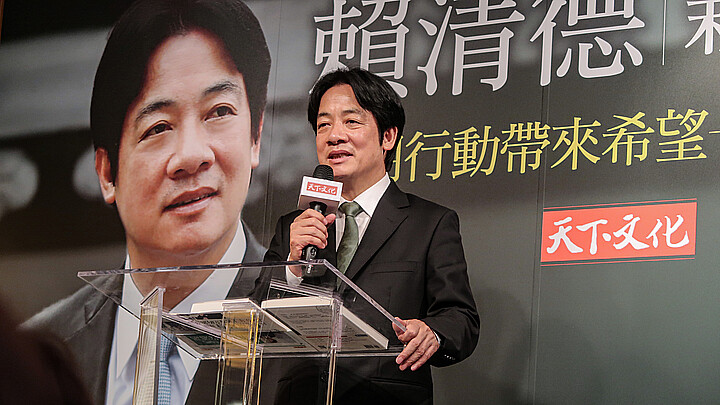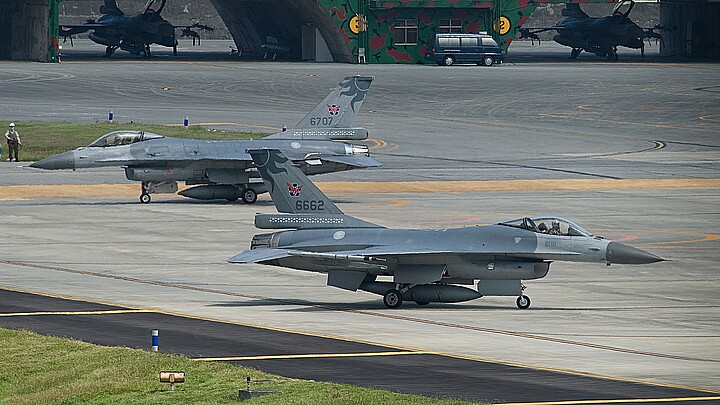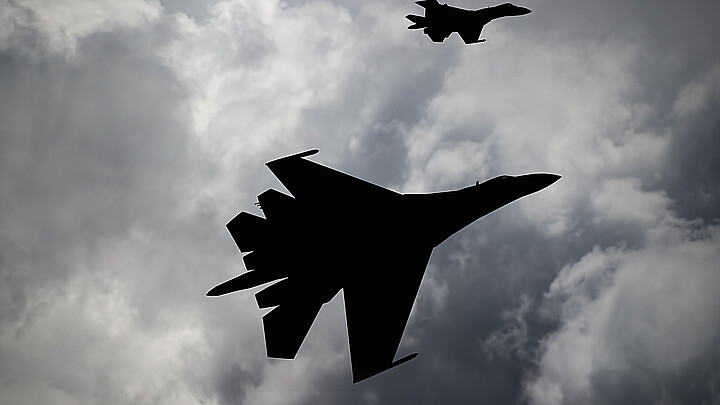Politics
Russia’s missile test can have long-term effects in space
The Kremlin’s test created over 1,500 pieces of debris.
November 17, 2021 7:01pm
Updated: November 18, 2021 1:00pm
US officials condemned the Kremlin’s anti-satellite weapons test that hit a defunct space satellite on Monday. Officials believe this is the latest sign of Russia’s efforts to develop and test space-based weapons.
The Russian Defense Ministry tested a direct-ascent anti-satellite missile, resulting in the explosion of the Russian satellite Teslina-D, which had been in orbit since 1982.
The satellite explosion created at least 1,500 large pieces of debris. Officials say the debris can threaten astronauts and other satellites, including Elon Musk’s Starlink satellites.
#18SPCS has confirmed the breakup of COSMOS-1408 (INTLDES 1982-092A, SCC 13552), which occurred on NOV 15, 2021. Tracking 1,500 possible associated pieces – analysis is ongoing. #spaceflightsafety #spacedebris @spacetrackorg
— 18th Space Control Squadron (@18SPCS) November 15, 2021
US officials claim the test can result in long-term damage in orbit and can cause a potential global economic fallout. The debris can disrupt phone and broadband services, weather forecasting, GPS systems, and satellite radio and television.
“Yesterday’s anti-satellite test by the Russian military makes it clear that Moscow is willing to threaten the peaceful use of outer space, further militarize this domain, and disregard any consequences for all nations,” House Armed Services Committee Chairman Adam Smith said in a statement Tuesday.
NATO Secretary-General Jens Stoltenberg also called the test a “reckless act” that could threaten the International Space Station (ISS). On Monday, ISS astronauts had to shelter in spacecrafts to avoid the path of an object from the satellite breakup that Russia caused.
On Tuesday, Russia confirmed that it was behind the test. However, the Kremlin rejected the accusations that it had endangered the ISS.
The American people deserve a responsible assessment and response to this event, and we must hold Russia accountable with the support of our allies and partners,” said Smith.









